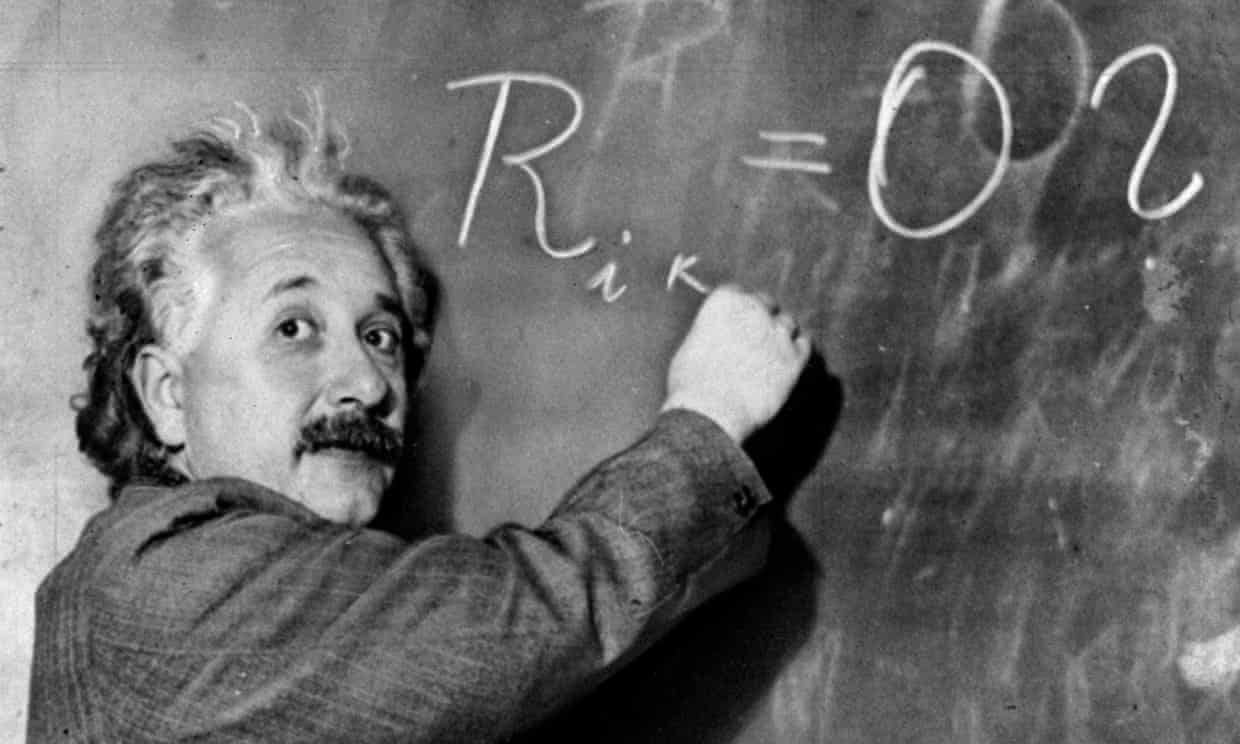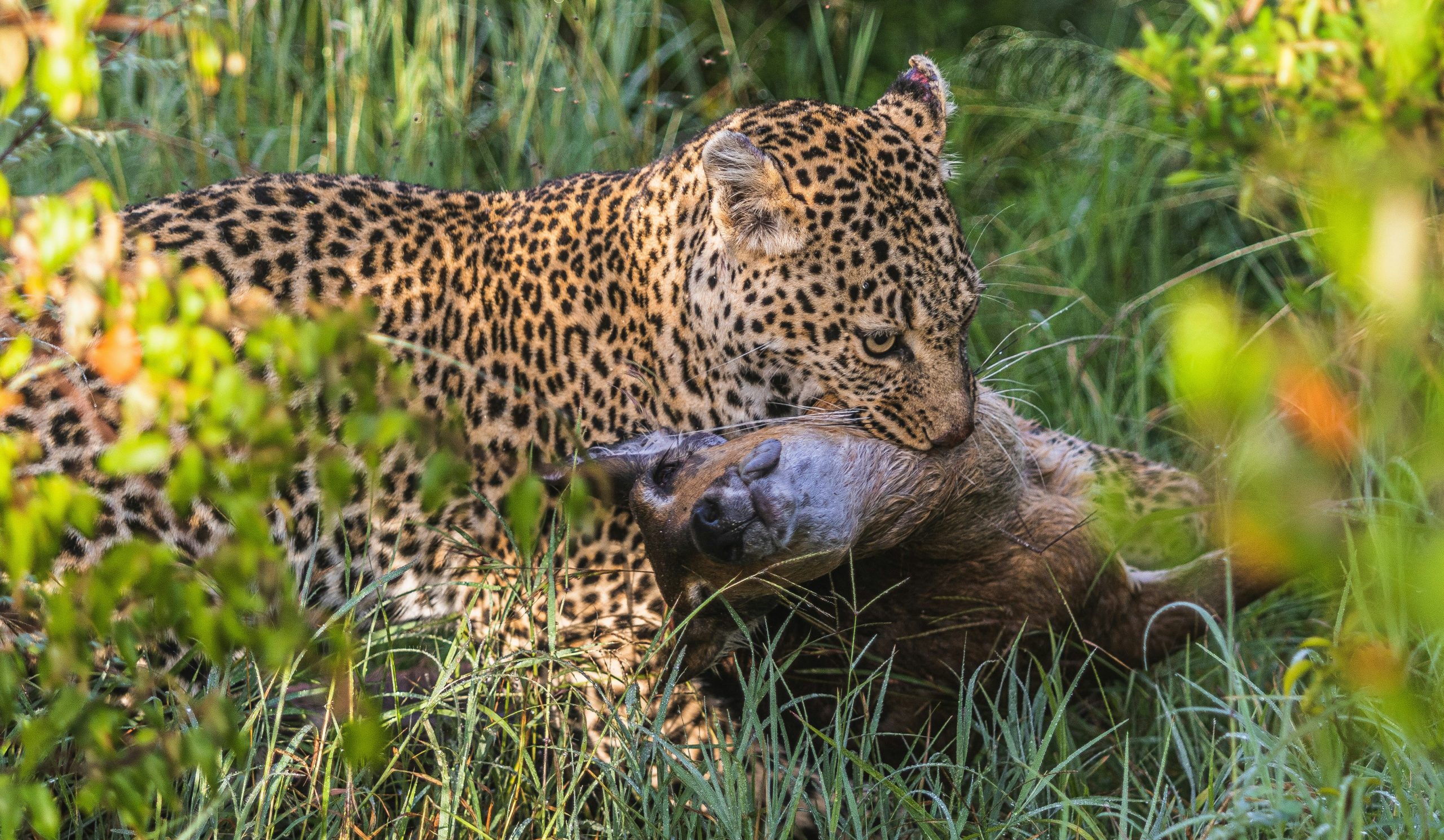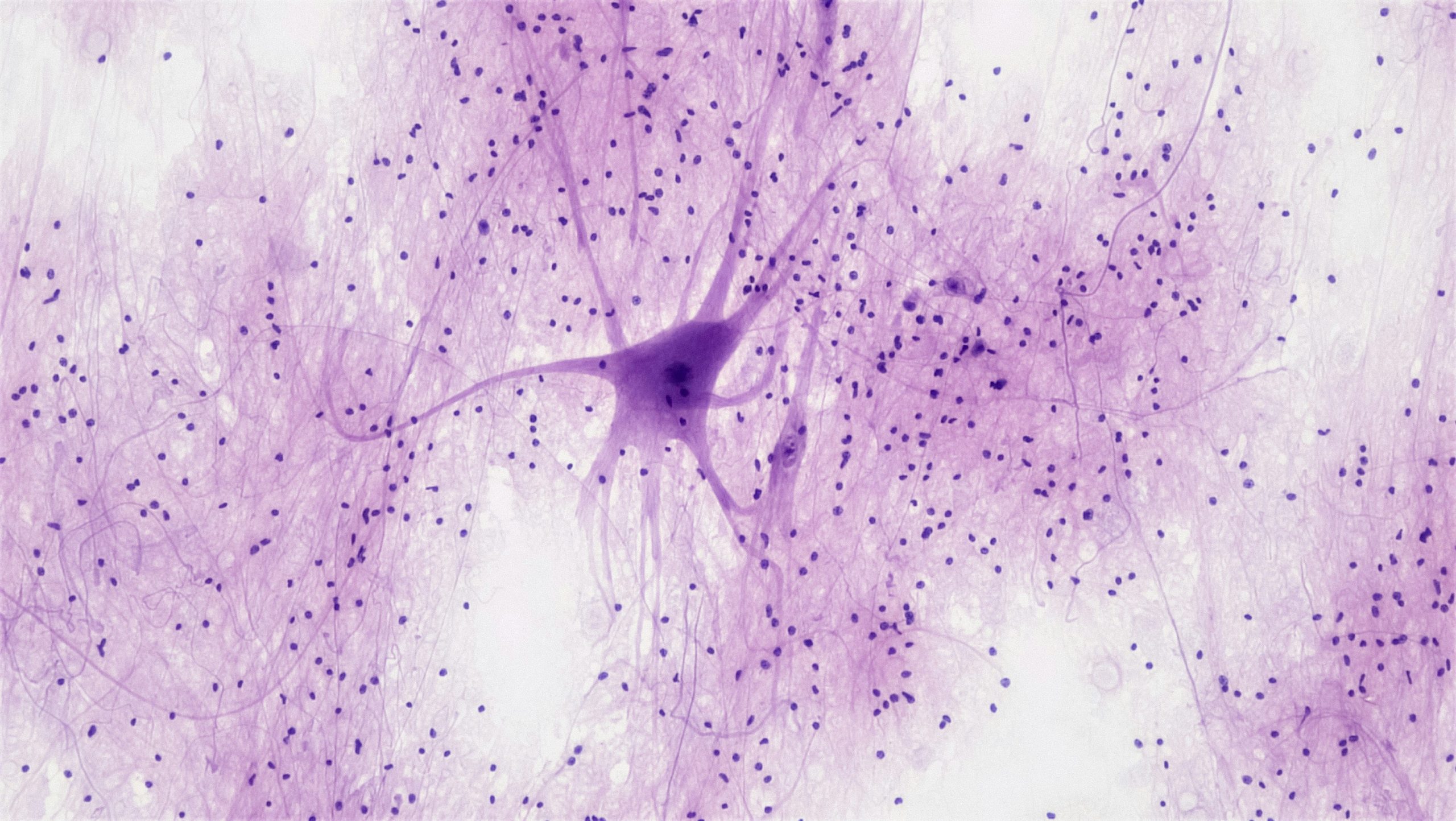Nyneisha Bansal, Year 11, Aylesbury High School
Let me ask you a question, what does creativity mean to you?
To many, it may just seem like an ordinary 5 syllable word, a quality often overlooked and undermined, yet few of us realise it is so much more. Creativity is the beautiful phenomenon of turning unheard ideas into a reality, the ability to perceive the world through a different set of eyes and showcase your individuality. Not only is it the potential to envision the world uniquely, but to act upon the vision, turning it into actuality, hopefully for the better.
Throughout history, creative thinkers have come and gone, responsible for shaping society the way it is today. And yet, when asked to name a creative person, the majority of people will immediately reply with a singer, dancer, actor, or anyone else in the creative arts field. Of course, this does not mean that they aren’t creative, but very few of us seem to be able to identify innovators who have provided us with some of the most important aspects of today’s world.
I bet very few of us could name the great minds behind the discovery of electricity, the birth of the internet, or even the so commonly available painkillers. Do the names Benjamin Franklin, Tim Berners Lee and Daphne Henderson ring any bells? For some, yes, for most, no.
For so many years, creativity has been claimed for the world of art; the field of science considered to be reserved only for the academically able, and this shouldn’t come as a surprise. After all, schools do not act as the stimulus they should for creativity in science, instead burdening students with memorising ‘textbook answers’. Whilst knowledge of a subject is important shouldn’t we be giving more freedom to learn from real-life experience and problem-solving rather than subjecting the next generation’s scientists to be machines, only aware of the answers to ideal situations, unable to stretch their minds to the fullest extent?
Let me put this into some perspective, allow me to take you on a journey to a world absent of creativity…
You wake up one morning to find that your bed doesn’t seem as comfy as it was before, turns out the memory foam so commonly used in mattresses was invented thanks to the great scientists at NASA. Never mind, you think and head towards the bathroom, but after going about your business you find there’s no toilet paper. Instead, a dirty rag. Now the question lies, who is this genius that laid the foundations for modern paper towels?
It is none other than Albert Einstein! Einstein’s very first physics article was not about the theory of relativity, nor was it the phenomenal equation E=mc2 . His very first article covered wicking, the ability of paper towels to soak up liquid despite gravity’s attempts to drag it downwards. His attempt to explain this included the fact that water molecules were attracted to molecules in the walls of a tube due to a different force, similar to gravity.
Although even he admits his article was far from perfect he helped lay a base for future scientists to come, and this ability to think outside of the box does not come solely from prior knowledge. It requires hard work and dedication, which an increasing majority of the world are foregoing, due to an increasing dependence on new technology. We have become so reliant on others to invent things for us, so much that in the future it will only come back to bite us.
Creativity in science is important, and the quicker we understand this, the better. Even Einstein once said ‘Creativity is intelligence having fun’, emphasising that science is not only about your ‘braininess’. I wish that one day we can break through the stereotype that scientists can only be smart and artists can only be creative. But in the meanwhile, I guess you can start off by thanking Einstein every time you go to the bathroom!
Runner-up for the Schools Science Writing Competition, Hilary Term, 2021





